Kenya's Kakuma camp has warehoused tens of thousands of refugees for decades.
Each year, on June 20, the United Nations marks World Refugee Day; a time to recognize the contributions of refugees to their communities around the world.
Refugees are people who are forced to flee their home countries due to political persecution, war, famine, and other causes of forced migration. The moment they cross the borders of foreign lands, migrants are known as "refugees" — a brand that doesn't only degrade their status, but also subjects them to indifference to their basic human needs.
Kakuma Refugee Camp
The Kakuma refugee camp was established in 1991 and is located 95km from Lokichoggio, a town at the Kenya-Sudan border. It is administered by the United Nations High Commissioner for Refugees (UNHCR) and falls under the jurisdiction of the Kenyan government. Kakuma, meaning "nowhere" in Swahili, has been controlled through the Department of Refugee Affairs (DRA) since the adoption of the Kenya Refugee Act of 2006. The refugee camp is connected with only a highway on the Kenyan northern corridor.
Kakuma is remote; it is a cosmopolitan camp. Over many years, it has developed into a town within another town, since the actual city of Kakuma is also home to non-refugees. The camp's area is defined by a harsh environment in a remote location, coupled with poor infrastructure and low access to essential services, in addition to other underlying causes of poverty.
In the Kakuma refugee camp, tens of thousands of multinational refugees have been warehoused for decades. Refugees are trapped there with one big difference between the camp's residents and those who live in the town of Kakuma: The camp's residents cannot leave without permission from the camp's governing authority.
The refugee camp itself has three major settlement sections. During the early stages of its inception, the Kakuma refugee camp was designed to accommodate South Sudanese refugees fleeing conflict and violence. Over the years, the camp has accommodated refugees from: South Sudan; Sudan; Somali; DRC Congo; Burundi; Ethiopia; Rwanda; Eritrea; Uganda; Tanzania; and Congo-Brazzaville. The camp has also accommodated three Ivoirians, an Iranian, a Zimbabwean, and a Cameroonian.
By mid-May, the total population in Kakuma stood at 150,891, of which 49,767 were refugees of Somali origin. Another 44,395 were refugees from South Sudan. However, by the end of May, the camp's population had already increased to 155,269 persons, according to a UNHCR official report.
Refugees' Voices
In the Kakuma refugee camp, World Refugee Day was commemorated on Thursday, June 20 at the Napata grounds in the camp. At 9am, flags were lifted and dancing and speeches soon followed.
Some views expressed by camp residents are full of bitterness and worries: "I'm in a voluntary prison, I was young when I arrived here 14 years ago," said Elias Wondimu, an Ethiopian refugee in Kakuma. "That has changed now, I don't see any reason as to why we celebrate refugee day. I hate life."
Refugees in the camp are trapped and their rights to freedom of movement and to obtain employment and citizenship are denied. The UNHCR is supposed to advocate refugee rights, but camp residents strongly feel that the UN Refugee Agency has done little in finding durable solutions.
Sara Hassan, a Somali refugee, said: "I wish I could turn back time. I have lived here since 1994 [and] I was promised resettlement but that turned out to be a dream; many years of waiting. Was my case closed? I don't see real life anymore."
There are no well established structures, and human rights conditions are fragile. Therefore, the exact figures concerning victims of rape and sexual assaults are not registered, despite its rampant occurrences.
Some refugees have the opportunity to go back to their homeland, while others will never have the chance to set foot on their country of origin again. In Kakuma, refugees have strongly encountered the negative impact of warehousing and many lives are being lost in exile. Some refugees will be lucky enough to secure resettlement abroad, while many others who desire the same thing will never get the opportunity. Some even feel discriminated against.
"Are all refugees equal? Some are more equal than others [and] some deserve resettlement, but it's a taboo to Rwandese in Kakuma," said Leah Bugingo, a Rwandan refugee. "I hope there will be change for [future] generations."
In the Kakuma camp, refugees are entirely dependent on humanitarian food aid. Their life consists of constant waiting and dreams of new hope. Under these circumstances, children grow to adulthood and adults grow to old age in this warehousing situation.
As a refugee community leader in Kakuma said: "We're vulnerable, we're voiceless, [and] we're neglected by the UN, the media, [and] the international community, as well by our host government."
The views expressed in this article are the author's own and do not necessarily reflect Fair Observer’s editorial policy.
Support Fair Observer
We rely on your support for our independence, diversity and quality.
For more than 10 years, Fair Observer has been free, fair and independent. No billionaire owns us, no advertisers control us. We are a reader-supported nonprofit. Unlike many other publications, we keep our content free for readers regardless of where they live or whether they can afford to pay. We have no paywalls and no ads.
In the post-truth era of fake news, echo chambers and filter bubbles, we publish a plurality of perspectives from around the world. Anyone can publish with us, but everyone goes through a rigorous editorial process. So, you get fact-checked, well-reasoned content instead of noise.
We publish 3,000+ voices from 90+ countries. We also conduct education and training programs
on subjects ranging from digital media and journalism to writing and critical thinking. This
doesn’t come cheap. Servers, editors, trainers and web developers cost
money.
Please consider supporting us on a regular basis as a recurring donor or a
sustaining member.
Will you support FO’s journalism?
We rely on your support for our independence, diversity and quality.


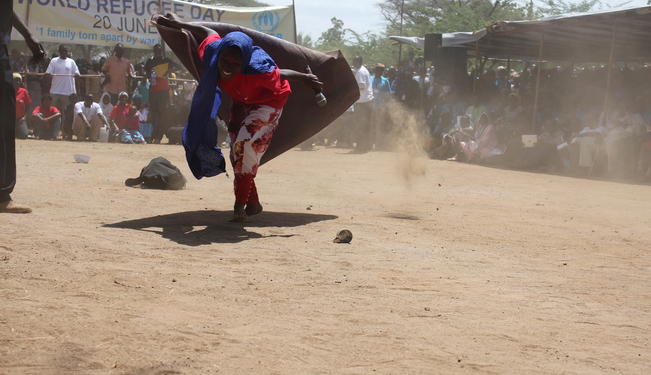

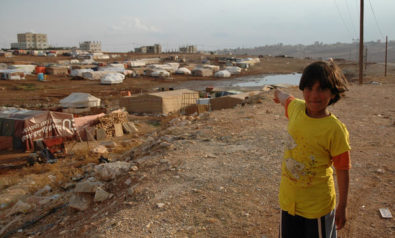
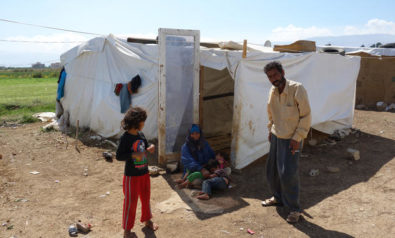
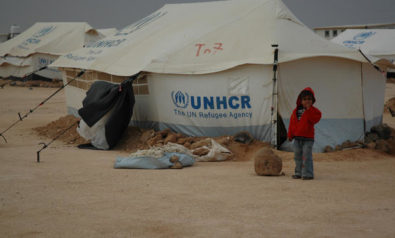

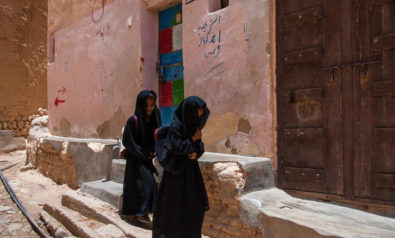

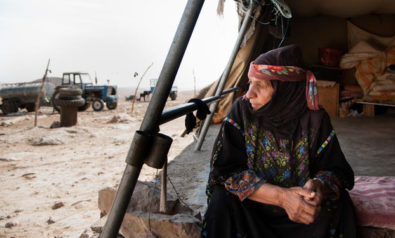

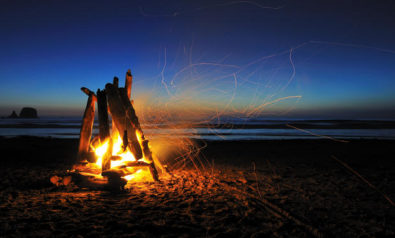


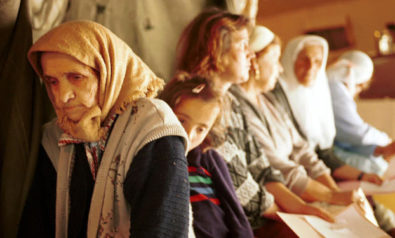
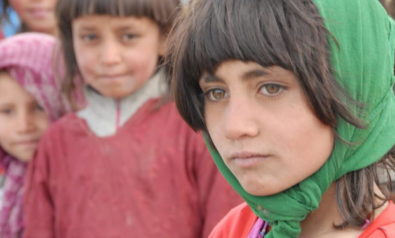

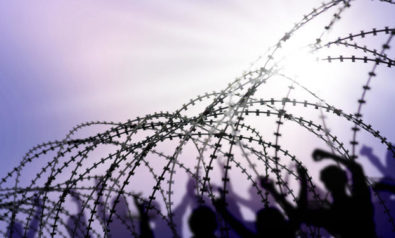
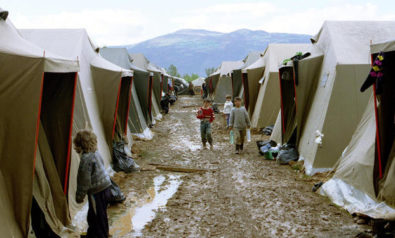
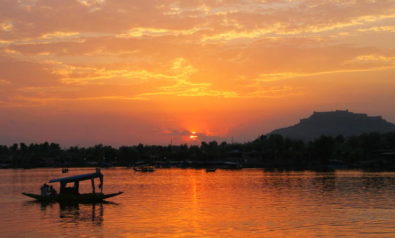
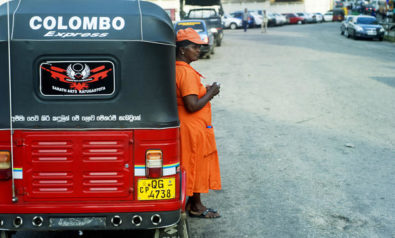



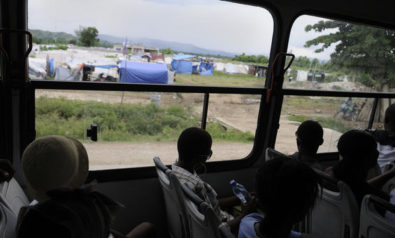
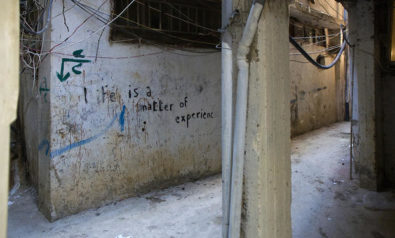
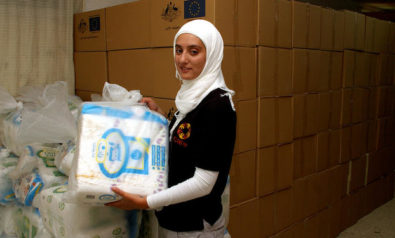
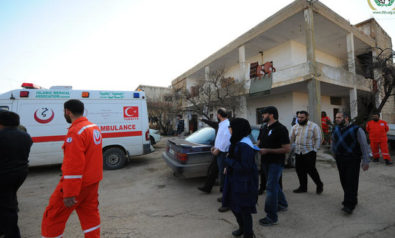

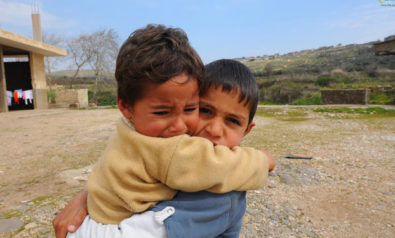
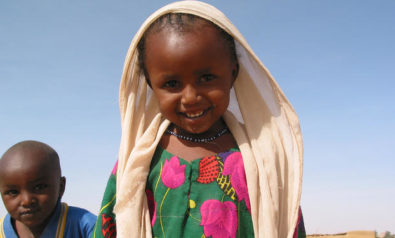


Comment